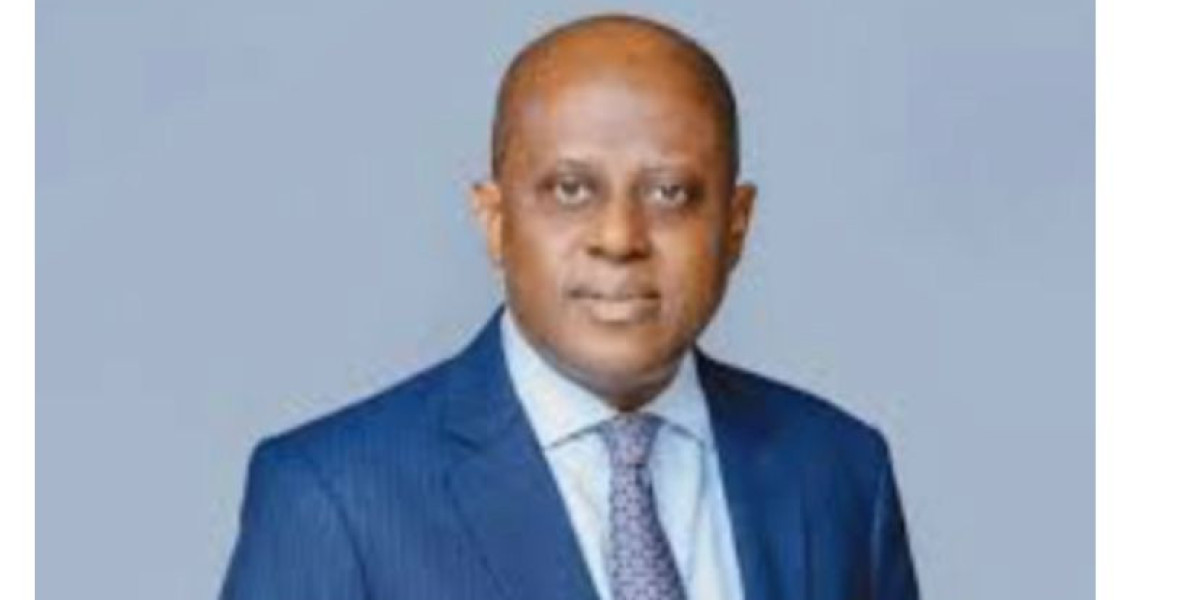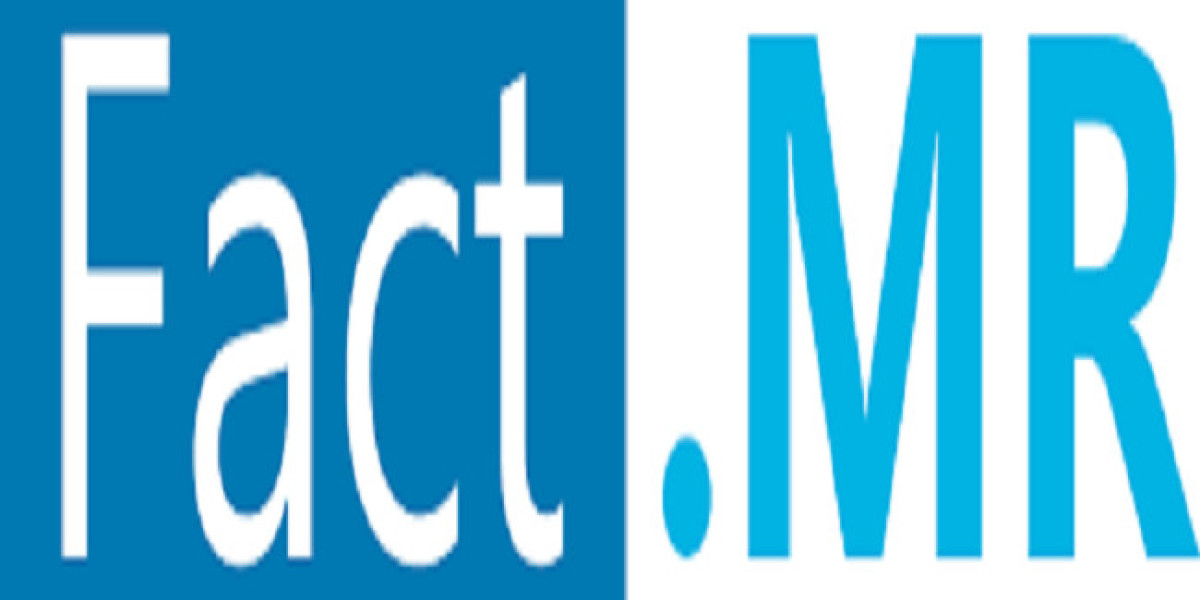Private sector operators in Nigeria have expressed concerns over the Central Bank of Nigeria's decision to raise the Monetary Policy Rate (MPR), commonly known as the interest rate, from 22.75 per cent to 24.75 per cent. They anticipate that this hike will exacerbate inflation and result in significant job losses across the country. The Nigerian Association of Chambers of Commerce, Industry, Mines and Agriculture (NACCIMA), and the Nigerian Association of Small Scale Industrialists both voiced apprehension, stating that the increased MPR would impede the private sector's access to affordable credit, hindering economic growth.
Despite acknowledging the unintended negative consequences of the interest rate hike, the Lagos Chamber of Commerce and Industry characterized it as a necessary step given the current state of the economy. The Central Bank of Nigeria (CBN) defended its decision, citing the imperative to address inflationary pressures and ensure exchange rate stability. The MPR was raised to 24.75 per cent from 22.75 per cent, with the aim of curbing inflation, which currently stands at 31.70 per cent.
CBN Governor Yemi Cardoso emphasized the need to restore the purchasing power of ordinary Nigerians and projected economic stabilization by the end of the year. He justified the rate hike as a response to economic data and market analysis, aimed at fulfilling the bank's mandate of price stability. Cardoso assured that the tightening measures would not be prolonged and would be relaxed as the economy improves.
However, stakeholders in the private sector expressed reservations about the potential adverse effects of the interest rate hike. Dele Oye, the National President of NACCIMA, criticized the broad-based policy tools used by the CBN, which inadvertently restrict the private sector's access to credit. Sola Obadimu, Director-General of NACCIMA, pointed out that the hike in MPR has strained businesses' inventory and contributed to reduced consumer spending.
Similarly, Gabriel Idahosa, President of the Lagos Chamber of Commerce and Industry, acknowledged the economic challenges but cautioned against the long-term repercussions of the rate hike. Segun Kuti-George, National Vice Chairman of the Nigerian Association of Small Scale Industrialists, expressed concerns about the cascading effects of higher borrowing costs on production and consumer prices.
Economists and analysts also weighed in on the situation, with some questioning the effectiveness of the MPR hike in addressing inflation. They warned of potential negative consequences such as reduced productivity, declining GDP growth, and overheating of the economy. Faith Iyoha, an economist at the Nigerian Economic Summit Group, highlighted the importance of balancing inflation control with measures to stimulate productivity and economic growth.
Overall, stakeholders in Nigeria are closely monitoring the impact of the MPR hike on the economy and advocating for policies that strike a balance between inflation management and support for private sector growth.
Naijamatta is a social networking site,
download Naijamatta from Google play store or visit www.naijamatta.com to register. You can post, comment, do voice and video call, join and open group, go live etc. Join Naijamatta family, the Green app.
Click To Download


